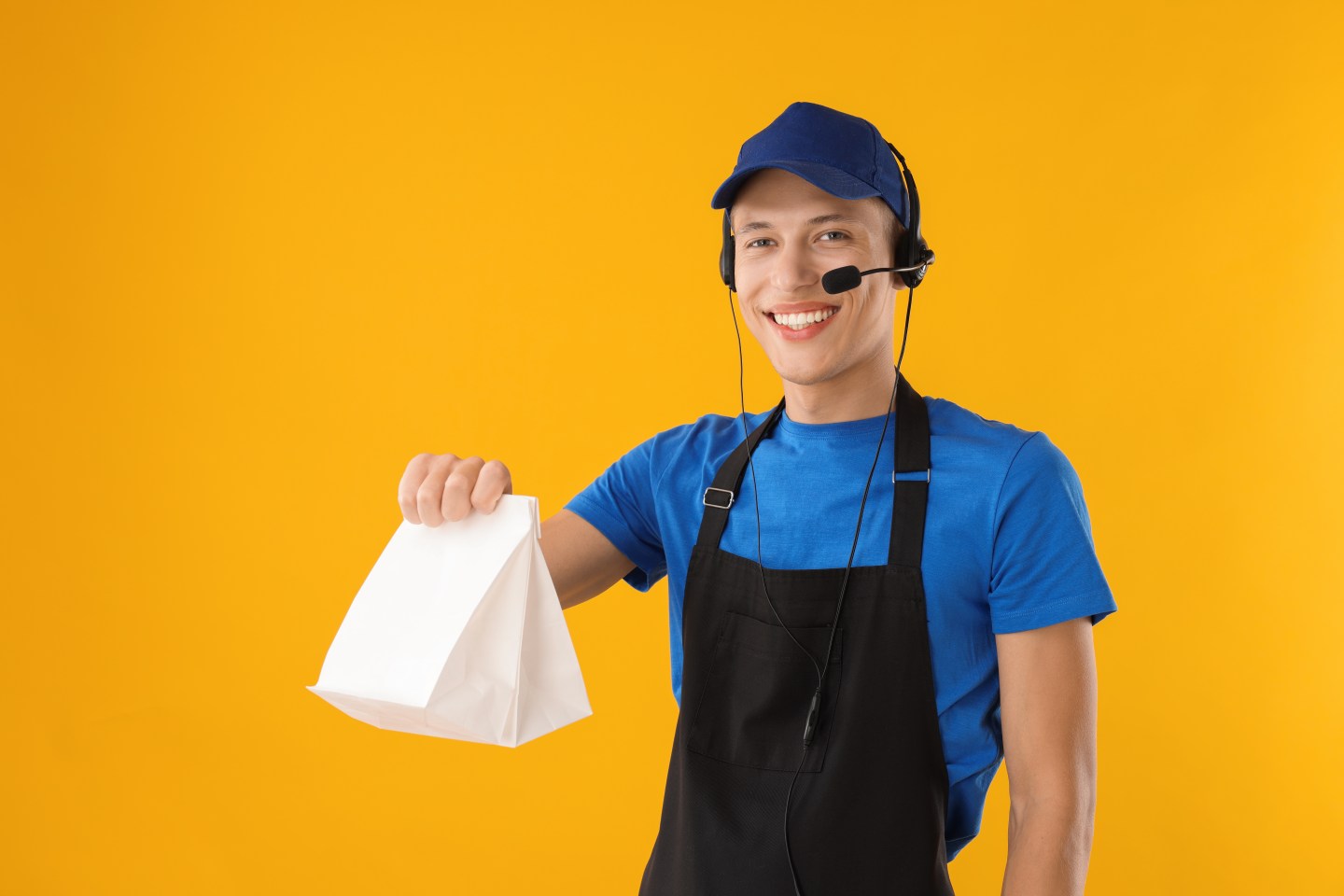Drizly, the alcohol delivery service Uber purchased in 2021 for $1.1 billion, is going dry. Uber is shutting down the delivery service, which maintained a separate identity after the acquisition, opting to realign its focus on its Uber Eats unit.
The end of Drizly doesn’t mean the end of booze to your door. Uber says Uber Eats will continue to deliver a wide variety of products, including food, groceries, and—yes—alcohol (in 35 U.S. states and more than 25 other countries around the world).
The Drizly business and brand will shut down in March of this year, Uber said.
“After three years of Drizly operating independently within the Uber family, we’ve decided to close the business and focus on our core Uber Eats strategy of helping consumers get almost anything – from food to groceries to alcohol — all on a single app,” Pierre Dimitri Gore-Coty, SVP of delivery at Uber, told Fortune. “We’re grateful to the Drizly team for their many contributions to the growth of the BevAlc delivery category as the original industry pioneer.”
Uber’s purchase of Drizly came as home delivery of alcohol exploded during the pandemic. At the height of the lockdowns, Drizly sales were as much as 400% above historical levels. Uber bought the company at a premium. Drizly, in 2017, was valued at just $73 million.
“Uber Eats and Drizly are truly the perfect pairing,” said Uber CEO Dara Khosrowshahi said at the time.
Times change, though. And consumer sentiment toward Drizly began to sour in 2020 when the company confirmed a hack had exposed information on roughly 2.5 million customers. While companies generally aren’t held responsible for hacks, when it was discovered the company had been aware of the security flaw that let the hackers in for more than two years without fixing it, customers weren’t happy.
That incident led to an FTC order restricting the customer information Drizly was allowed to obtain and hold onto.
Uber did not indicate if the hacking incident was a factor in its decision to shut down Drizly.












